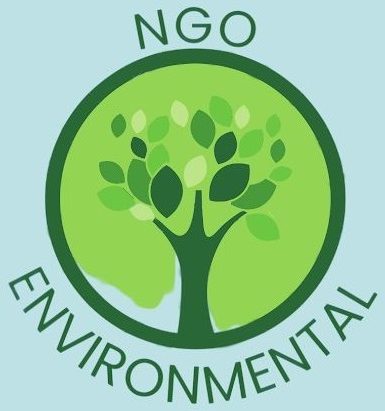
The ENVIRONMENTAL NGO is guided by a vision of social justice—a world in which all individuals, communities, and peoples work toward the protection and full expression of their human rights; are active participants in the decisions that affect them; share equitably in the knowledge, wealth, and resources of society; and are free to achieve their full potential.
Across eight decades, our mission has been to reduce poverty and injustice, strengthen democratic values, promote international cooperation, and advance human achievement.
We believe that social movements are built upon individual leadership, strong institutions, and innovative, often high-risk ideas. While the specifics of what we work on have evolved over the years, investments in these three areas have remained the touchstones of everything we do and are central to our theory of how change happens in the world. These approaches have long distinguished ENVIRONMENTAL NGOs worldwide and we have had a profound cumulative impact.
- Investing in Individuals
- Building Institutions and
- Supporting new Ideas.
Our Values and Culture:
We work with a sense of urgency but recognize that meaningful change requires sustained investment over time in those living and working closest to the problems. For this reason, we focus on strengthening civil society at every level through supporting participation by people of diverse backgrounds and life experiences. We also closely collaborate with governments, the private sector, academia, and the creative community.
Our culture is driven by trust, constructive debate, and leadership that empowers innovation and excellence. We strive to listen and learn and to model openness and transparency. We are accountable to each other at the foundation, to our charter, to our sector, to the organizations we support, and to society at large—as well as to the laws that govern our nonprofit status.
The ENVIRONMENTAL NGO requires companies/organizations to come up with constructive, unique, and solid ideas that will further increase the potential of the people still affected by these situations around the globe (Andean Region, Brazil, China, Eastern Africa, India, Nepal, Sri Lanka, Indonesia, Mexico, and Central America, Middle East and North Africa, Southern Africa, United States, and West Africa).